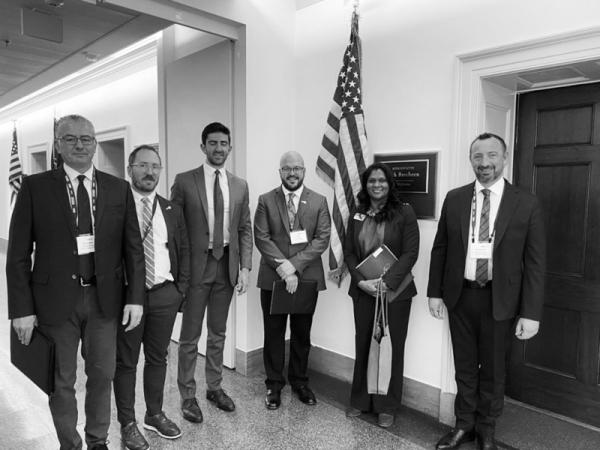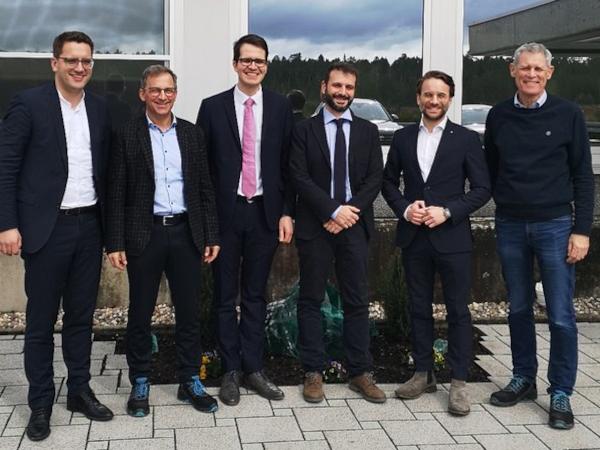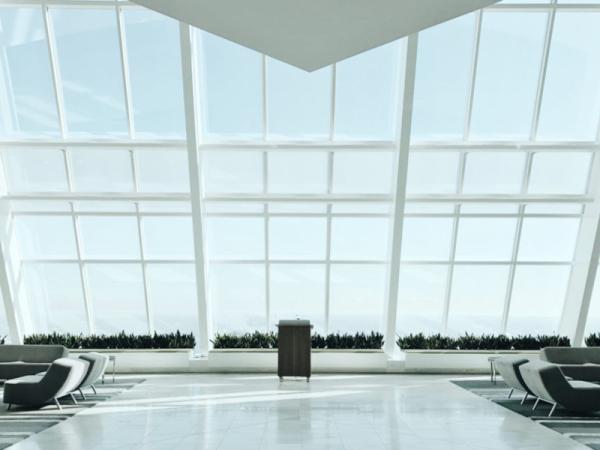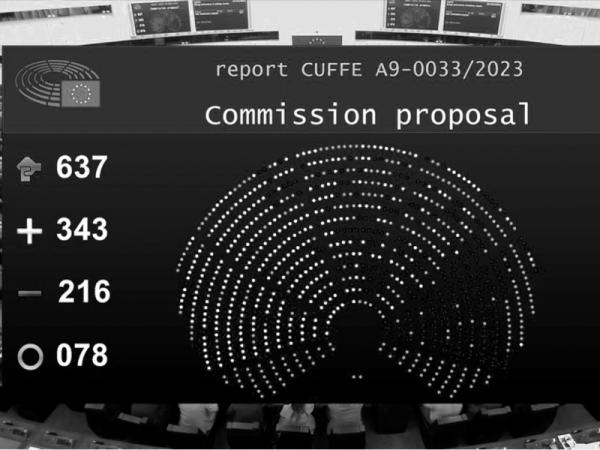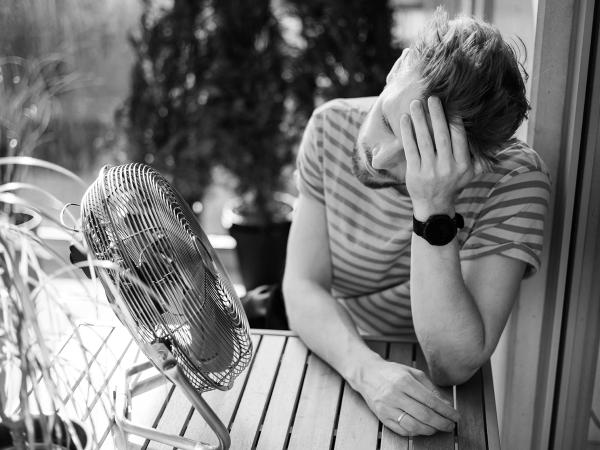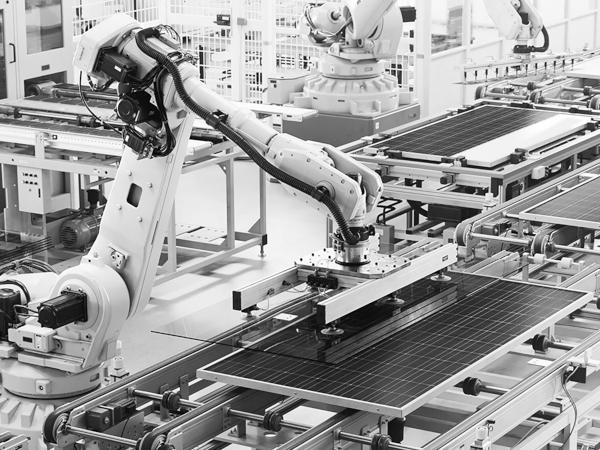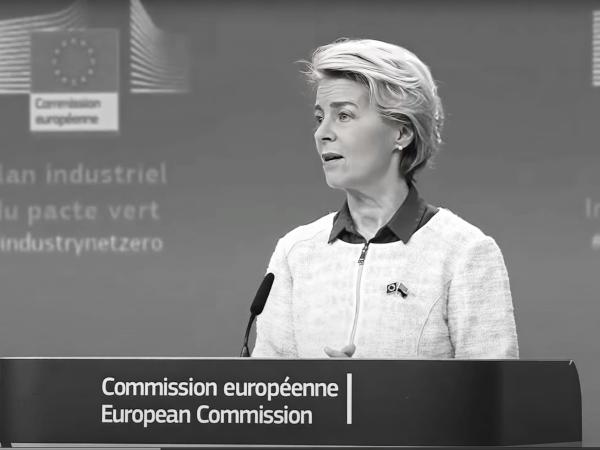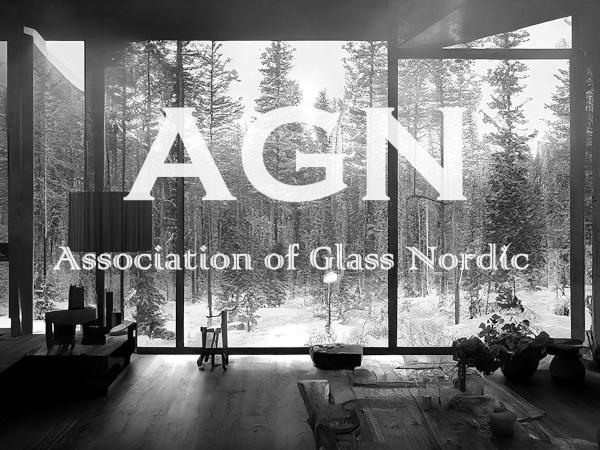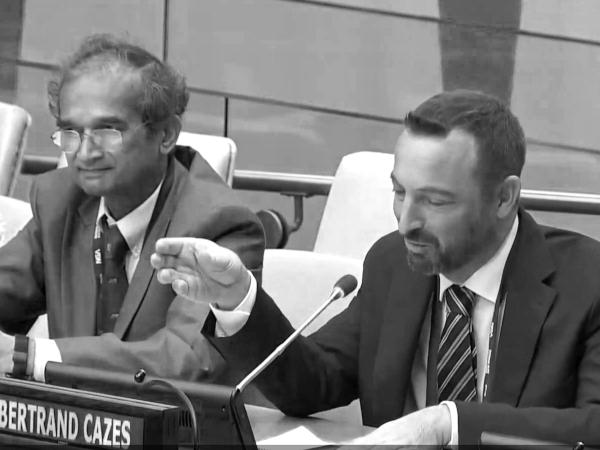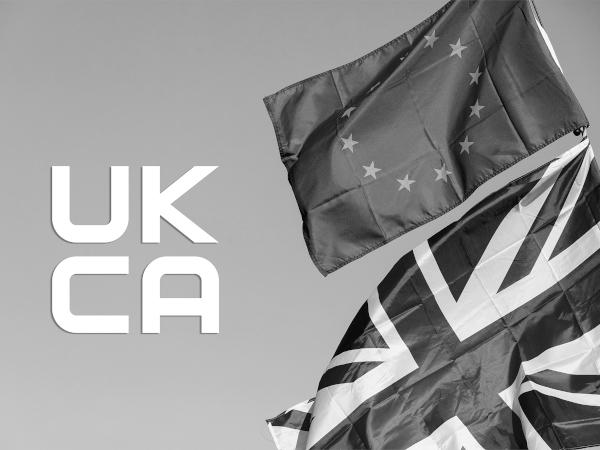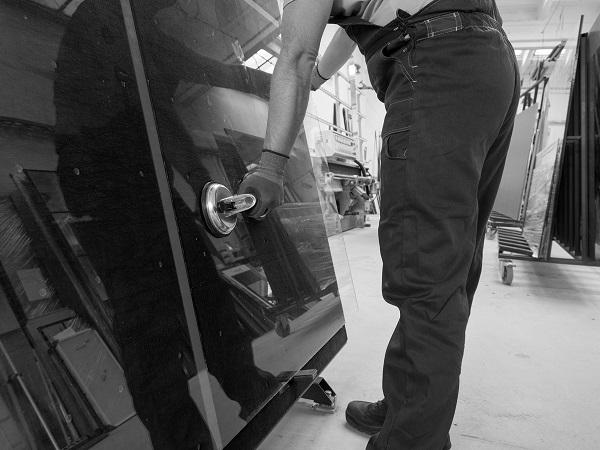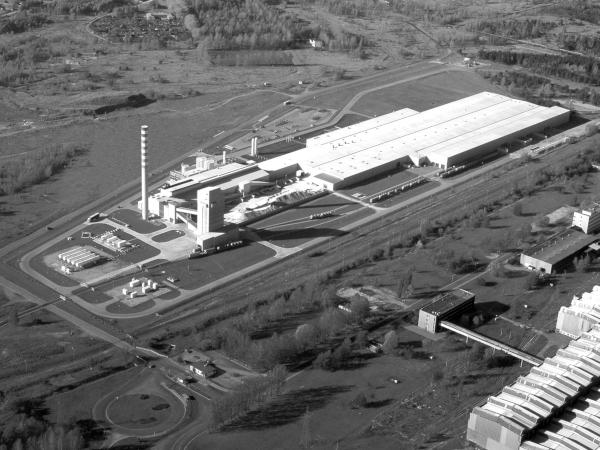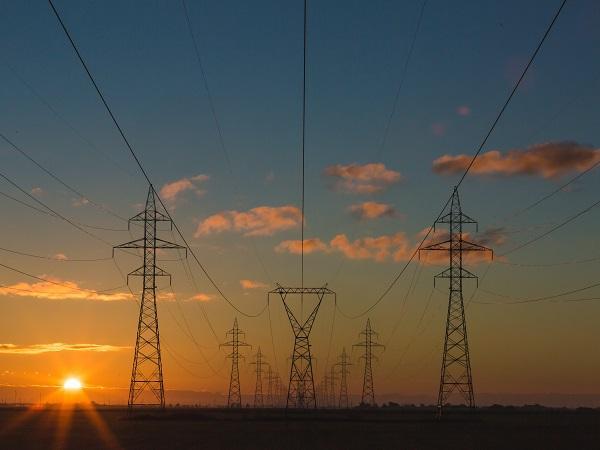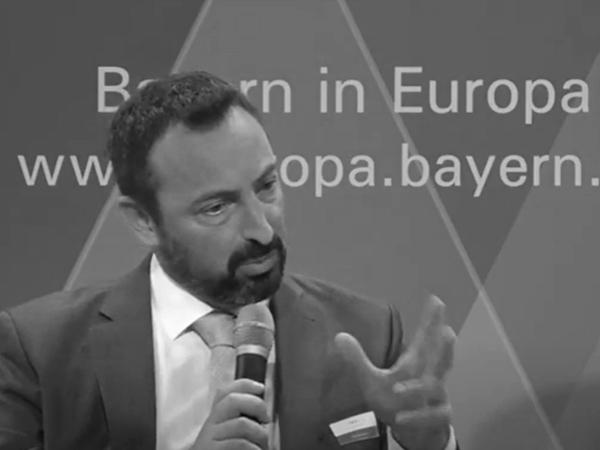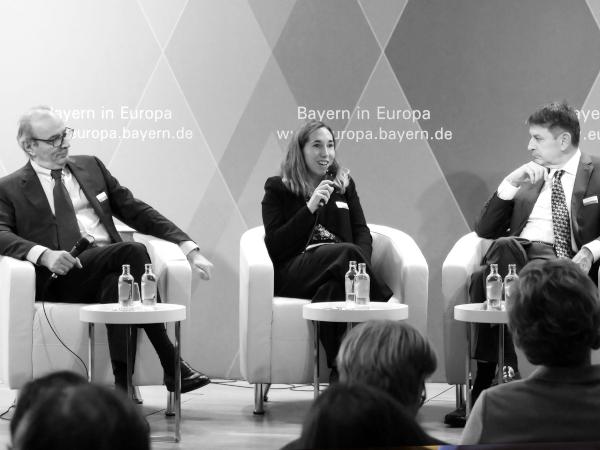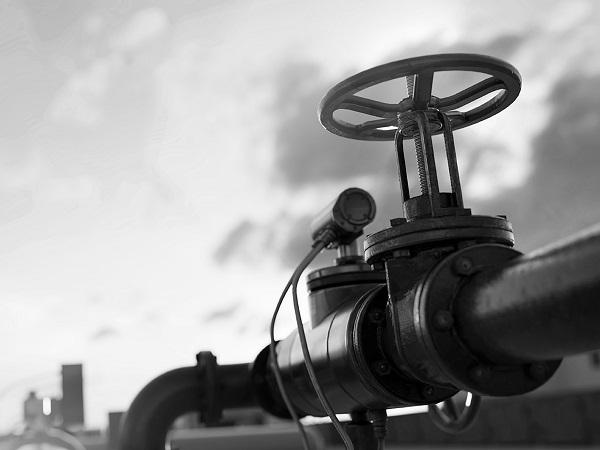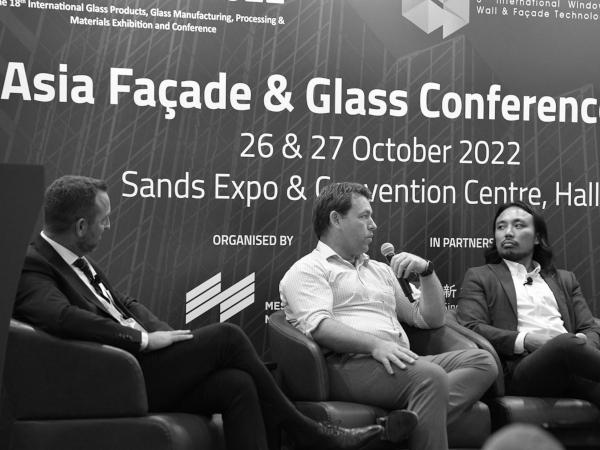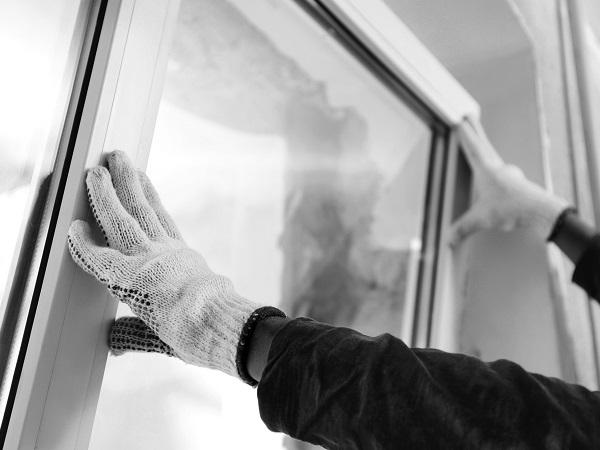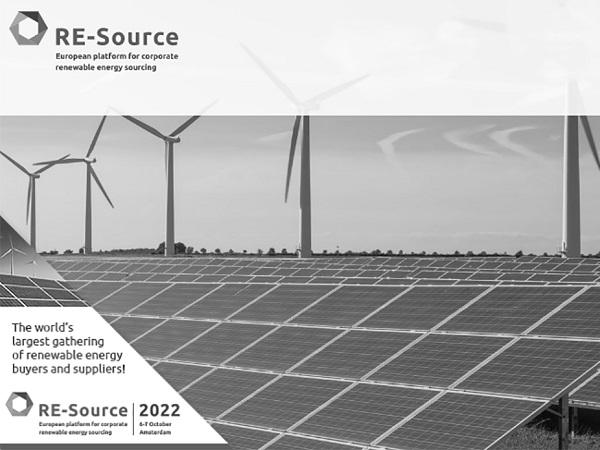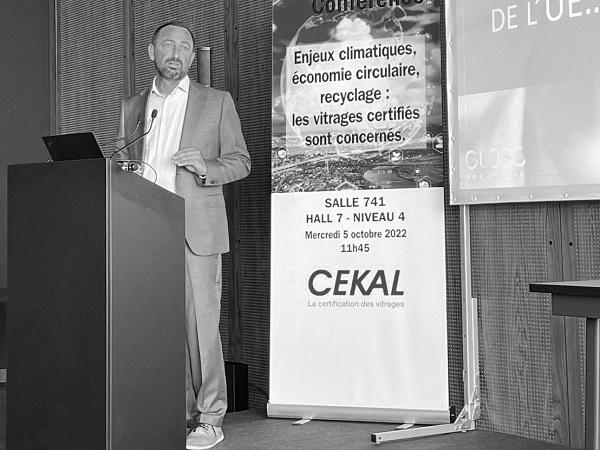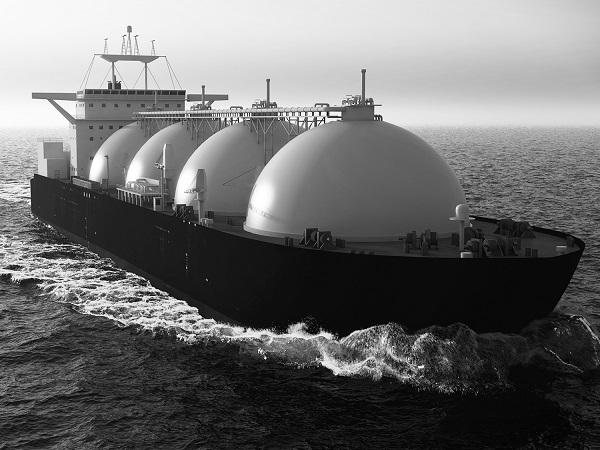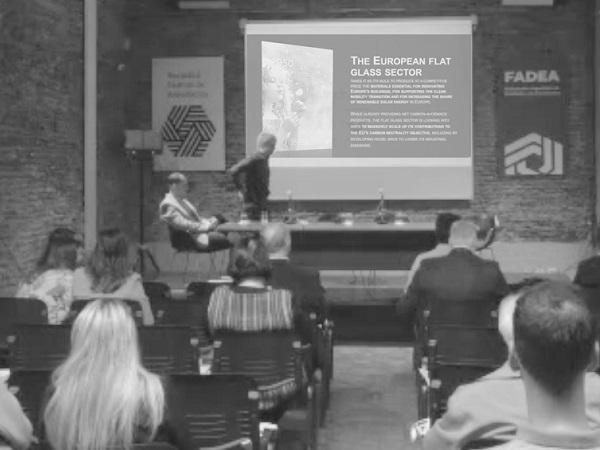Others also read
On March 27 and 28, Glass for Europe was in the US for the Glass & Glazing Advocacy Days organised by NGA – National Glass Association.
On March 24, Glass for Europe introduced MEP Christian Doleschal, rapporteur on the revision of the Construction Product Regulation, to the world of flat glass during a visit to the NSG plant in Weiherhammer.
Automotive glass can contribute to reducing the environmental impact of vehicles.
Energy-efficient buildings products such as high-performance glazing must be considered as ‘strategic net-zero technology’.
The European Parliament adopted its position on the Energy Performance of Buildings Directive (EPBD) with 343 votes in favour, 216 against and 78 abstentions.
Glazing technologies can make EU buildings more resilient to future heat waves, enabling the adaption to climate change while helping to reduce energy needs and CO2 emissions.
Glass for Europe is officially a member of the European Solar PV Industry Alliance, an initiative launched in December 2022 by the European Commission.
On 7 February, more than 40 participants representing national partners and members of Glass for Europe participated in the internal workshop “Lifecycle carbon calculation tool”.
Glass for Europe welcomes the objectives set by the Commission in the Green Deal Industrial Plan and is ready to keep on producing the key technologies and products for EU's climate neutral transition.
2023 starts with a new National Partner joining Glass for Europe’s family: the Association of Glass Nordic (AGN).
On 14 December, Glass for Europe was at the Glass Palace of the United Nations, New York, for the Closing Ceremony of the International Year of Glass 2022.
The recognition of the CE marking for construction products in the UK will be extended for a further 2.5 years. The new deadline is therefore set for 30 June 2025.
The second Glass for Europe annual meeting for glass and glazing national associations took place on 29 November.
The flat glass industry in the middle of a major industrial transformation process to reduce all emissions and this requires significant investments.
Today’s energy prices are an existential threat for the future of Europe’s glass industry.
Glass for Europe wants to share 3 reflections from the flat glass industry ahead of upcoming the extraordinary meeting of EU energy ministers in Brussels.
The United Nations designated 2022 as the International Year of Glass, the first time a man-made material was chosen for worldwide attention.
Glass Alliance Europe renews its call for urgent and decisive actions at EU and national levels to support the glass industry.
Glass for Europe was in Singapore at Glasstech Asia to present the 2050 vision of the flat glass industry in a climate neutral Europe.
Glass for Europe hosted its 1st workshop for national glass and glazing associations and flat glass members on the review of the Construction Products Regulation.
Minimum Energy Performance Standards (MEPS) have the potential to generate a significant shift in building renovation.
Glass for Europe is glad to announce a new partnership with RE-Source Platform.
Yesterday, Glass for Europe was in France to talk about the European Union climate policies at the CEKAL conference dedicated to certified glazing, climate issues, circular economy and recycling.
The European glass industry together with other energy intensive industries call on the EU institutions to urgently introduce EU-wide measures aimed at limiting the price of natural gas.
The event, held in the framework of the International Year of Glass, explored the new trends and the role played by glazing in designing a more sustainable built environment.

